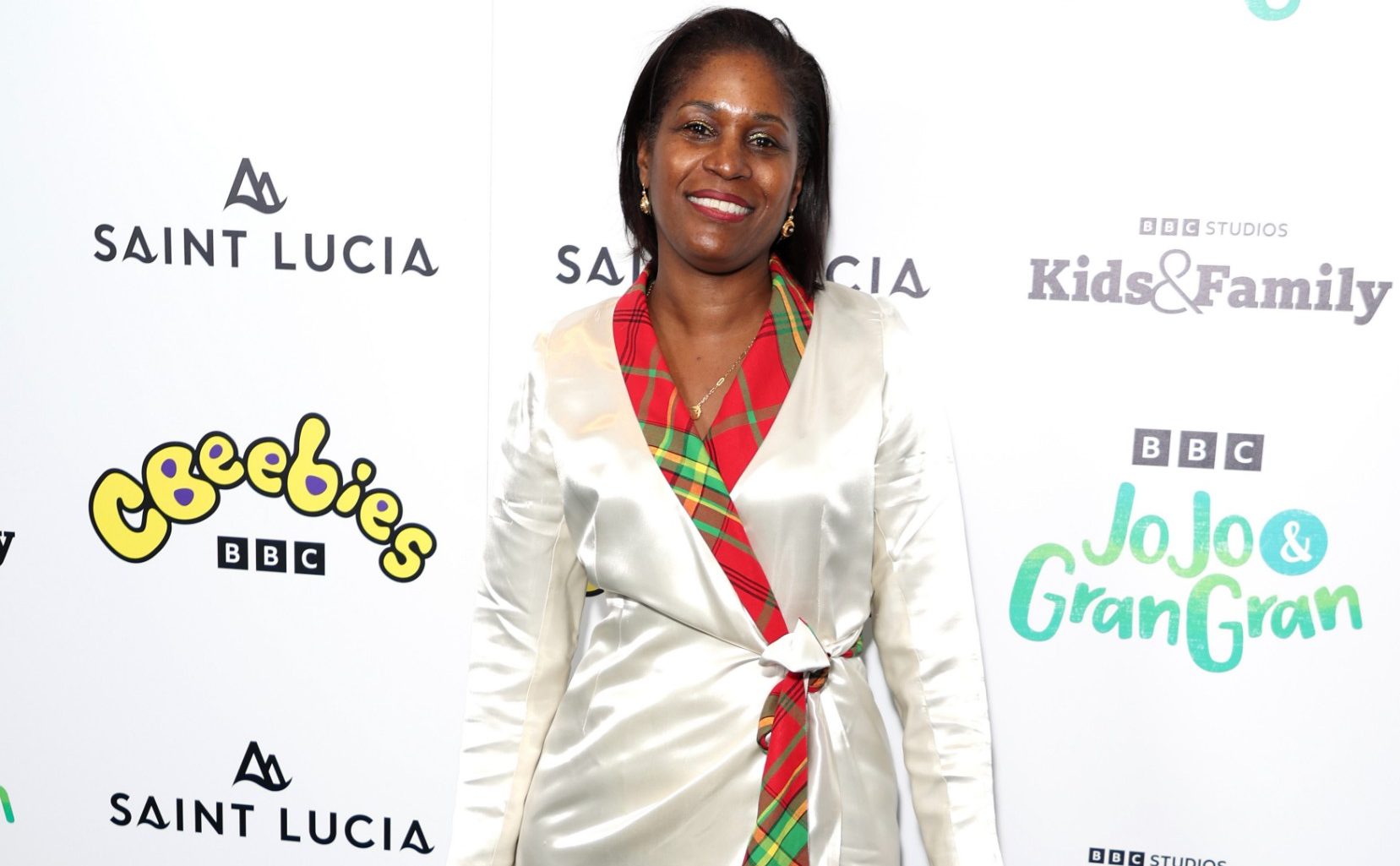United Kingdom
The ‘Read Woke’ Literacy Project Is Controversial As Primary Schools Question Racism’s Origins

The ‘Read Woke’ Literacy Project
The Scottish government’s literacy campaign encourages primary school students to ‘ read woke,’ causing criticism over the books’ content. The ‘Read Woke’ initiative educates pupils on race and promotes critical thinking. The presence of texts saying whites originated racism has generated concerns.
White people invented racism, according to literature given to elementary schools. One book claims racism against whites is impossible. Dr. Alka Sehgal Cuthbert, creator of Don’t Divide Us, said the project normalizes politically extreme and partisan attitudes, which might harm education.
The 2021 ‘Read Woke’ initiative, inspired by US librarian Cicely Lewis, was funded by Scotland’s School Library Improvement Fund. Some suggested texts may need to provide a balanced education, say critics. The South Ayrshire initiative’s website aims to expose pupils to significant topics and foster critical thinking and empathy in opinion development.
The secondary school reading list includes ‘This Book is Anti-Racist,’ which argues that racism against white people is wrong and offers advice on voicing concerns about white supremacy in the classroom. ‘My Skin Your Skin’ by Laura Henry-Allain teaches elementary schoolers that racism began when white people wanted greater control over non-whites.
Dr. Cuthbert encourages schools to discard problematic texts or use them for professional development workshops to explore curriculum fit. The South Ayrshire Council was asked for comment. The effort has raised questions about reconciling racial awareness with a balanced education for pupils.
In recent developments, a literacy initiative called ‘Read Woke’ has been criticized for including books that suggest white people originated racism. The Scottish government-funded project educates primary school students about racial problems and promotes critical thinking. However, certain books’ content may affect pupils’ education.
Focusing On Racism
Some ‘Read Woke’ books imply that white people originated racism, a major controversy. Critics say such a story oversimplifies a complicated historical issue and may distort racial relations. ‘This Book is Anti-Racist,’ a supplementary reading, argues that racism toward white people is false. While part of a more extensive dialog on racism, this position has sparked arguments about providing such concepts to young kids.
Black History Views:
The core reading selection includes Laura Henry-Allain’s ‘My Skin Your Skin’ about racism’s history. It claims that racism arose when white people wanted power over non-whites and gives instances of discrimination. This viewpoint on power relations and historical context invites questions on how young people learn history. However, detractors say this narrative may oversimplify historical events and distort our perspective.
Read Also: Philadelphia Union League’s Black Members Confront A Critical Test
Educational Impact And Criticism:
The ‘Read Woke’ initiative’s influence on education worries critics like Don’t Divide Us’ Dr. Alka Sehgal Cuthbert. They say the endeavor normalizes politically extreme and partisan attitudes, detracting from education. The argument over contentious classroom viewpoints is highlighted by the recommendation to trash or utilize books for professional development. The more significant concern is whether the project promotes critical thinking or an ideology.
Racial Dynamics Debates: Discussing Invented Racism
Books in the ‘Read Woke’ movement that argue white people started racism have sparked racial discussions. This viewpoint contradicts current theories about racism’s roots, generating historical interpretation debates. Proponents say pupils need to hear many perspectives to develop critical thinking. By discussing created racism, educators want to get students to challenge historical narratives and comprehend racial dynamics.
Critics worry that this view simplifies racism’s history. They contend that blaming racism on white people may overlook the complex historical, socio-economic, and geopolitical causes that caused it. Finding a balance between varied viewpoints and deep historical knowledge is crucial to creating an atmosphere where students can critically interact with the subject without perpetuating polarizing ideas.
Evaluating Anti-racist Education: Challenges And Opportunities
As described in ‘This Book is Anti-Racist,’ the ‘Read Woke’ program challenges racism against white people. This view of anti-racist education presents problems and possibilities. Proponents say addressing racism is essential to eliminating deep-rooted prejudices and creating a more inclusive society. By challenging students’ preconceived notions about racism, educators strive to foster more profound empathy and critical thinking.
Critics worry about the downsides of this technique. They fear that denying racism against white people may simplify racial dynamics and limit comprehension. Educators must balance anti-racism with a well-rounded, diversified curriculum. Creating an inclusive educational climate that promotes critical thinking and polite debate requires this balance.
Historic Narratives In Primary Education: Effects On Youth
The main reading list includes ‘My Skin Your Skin,’ prompting a critical analysis of how historical narratives are conveyed to young children. This book claims that racism arose when white people wanted power over non-whites and gives instances of discrimination. This tale seeks to teach young people about historical injustices, but opponents say it oversimplifies complicated events and perpetuates a one-sided perspective of history.
History teachers must engage pupils without propagating prejudices or distorting historical events. The conversation is on how these narratives affect young brains, raising problems about age-appropriate information and educators’ duty to present history objectively. Education must balance age-appropriateness with historical knowledge for future generations to become educated and critical thinkers.












You must be logged in to post a comment Login